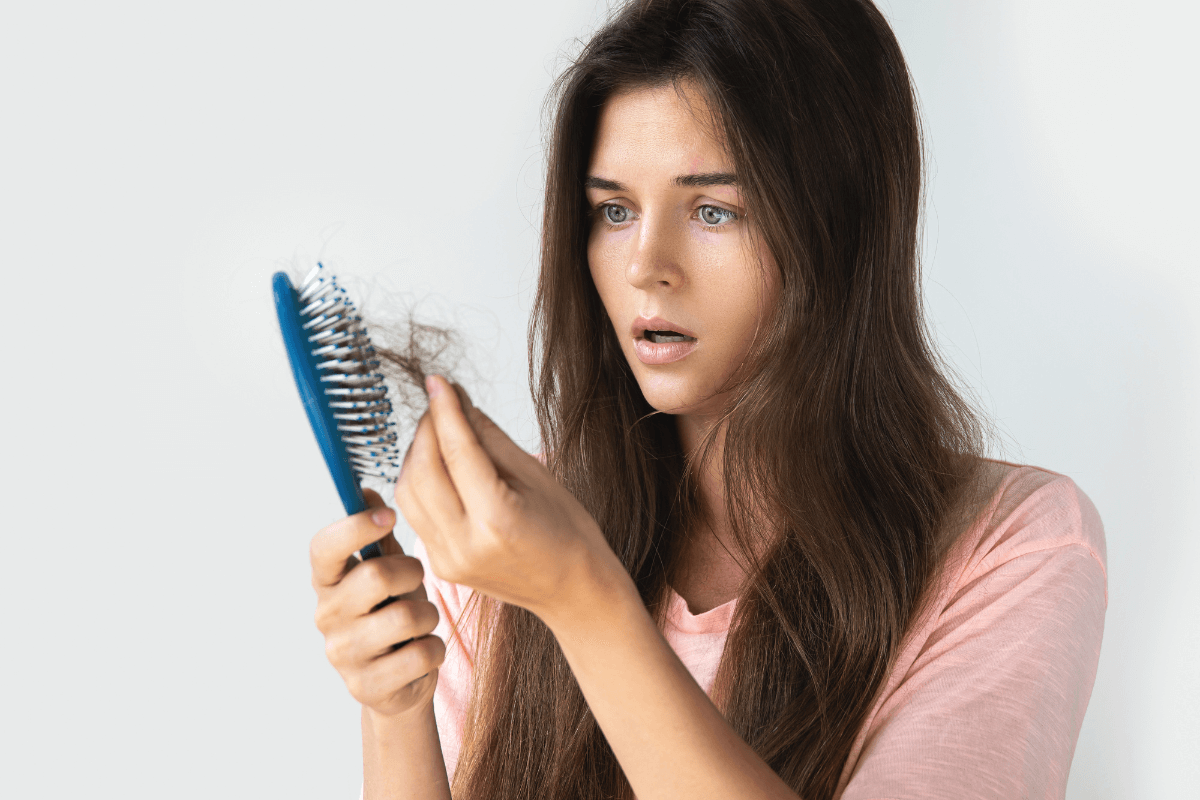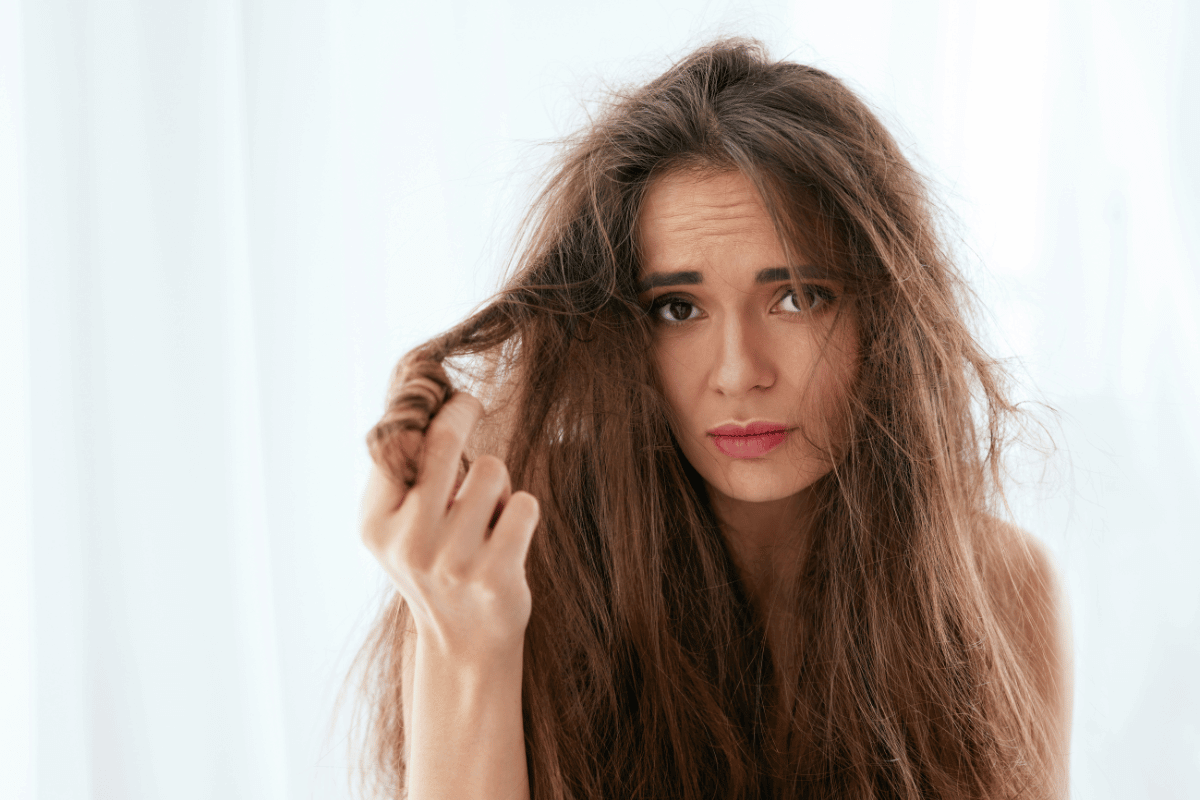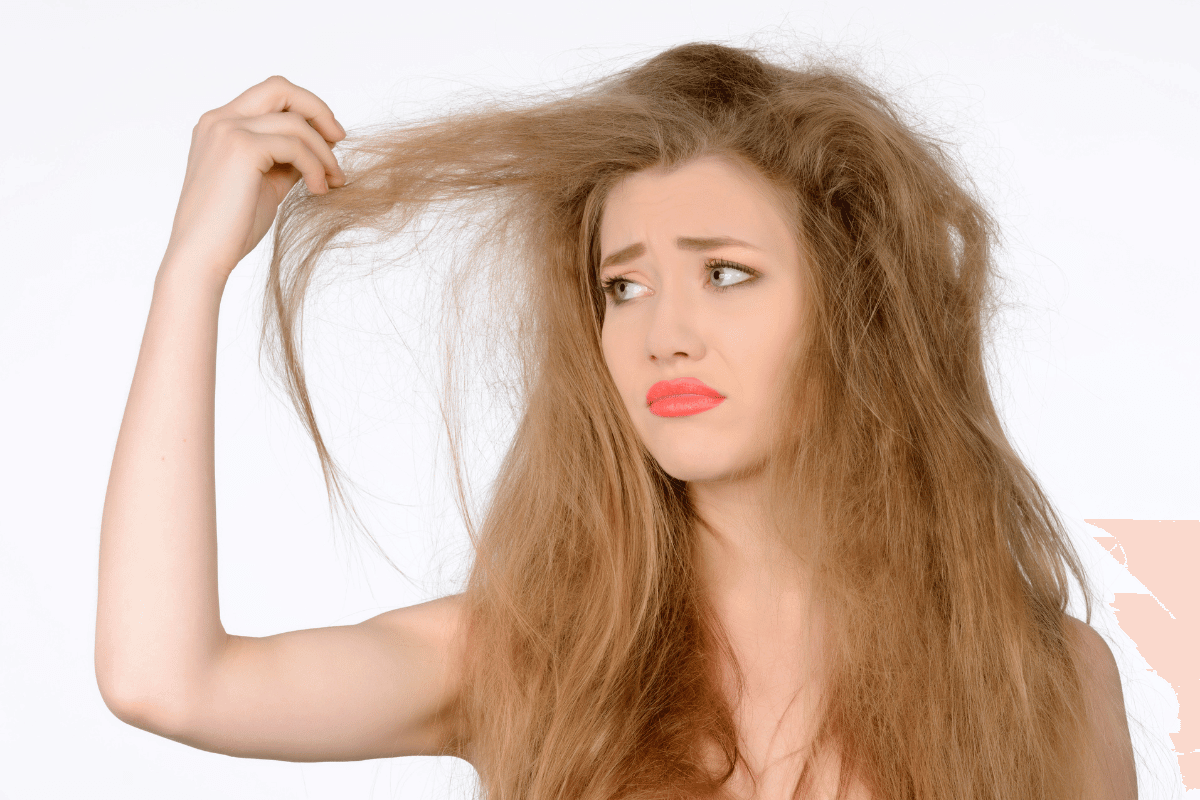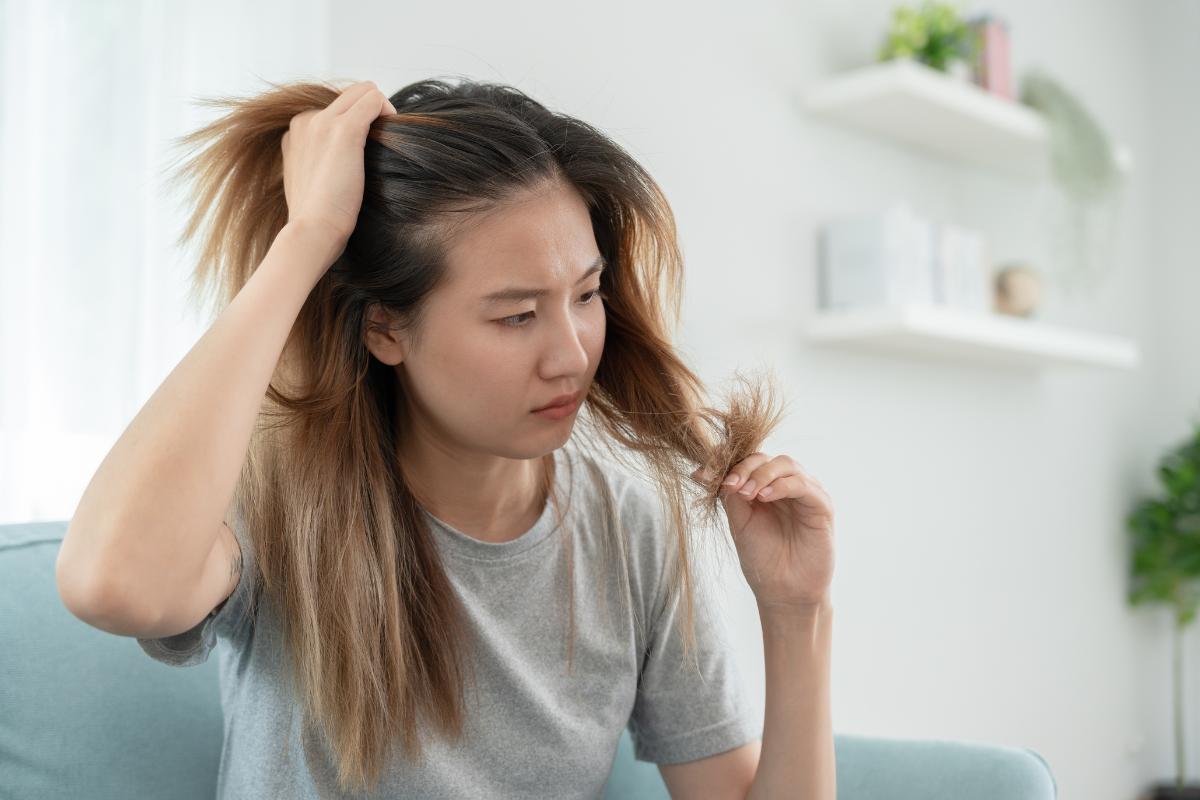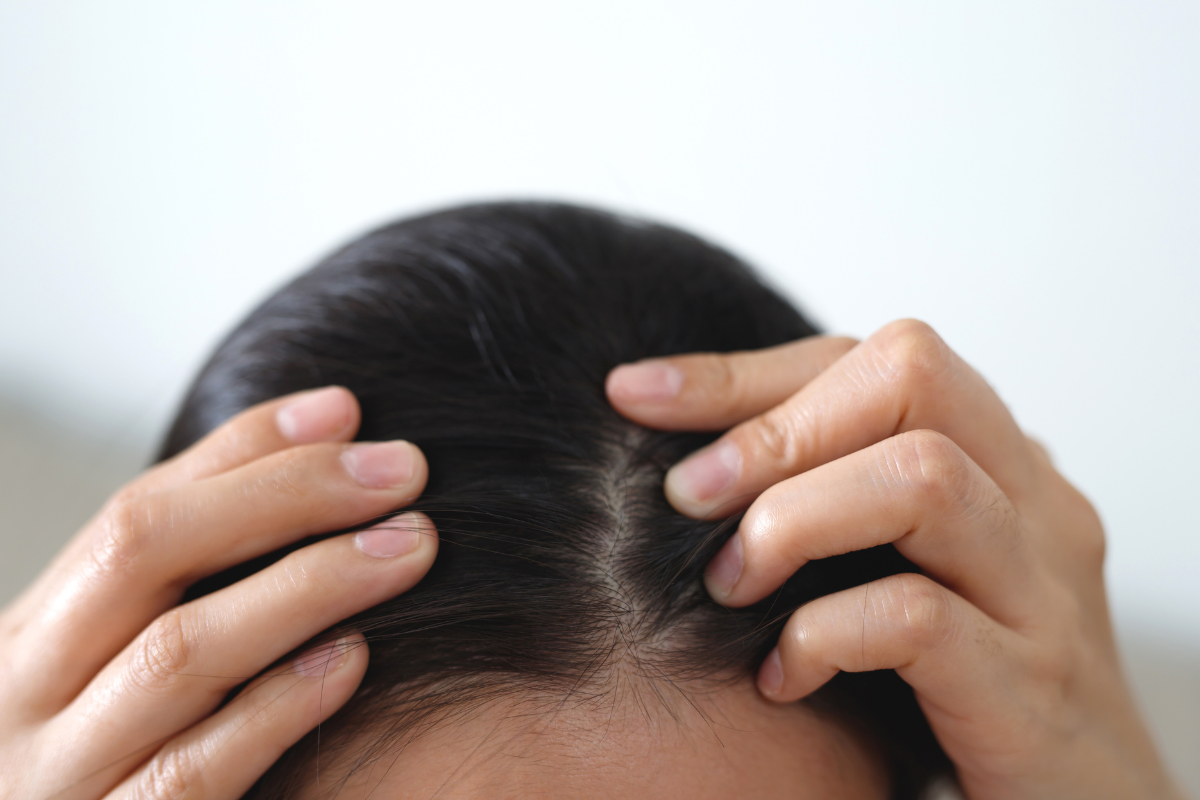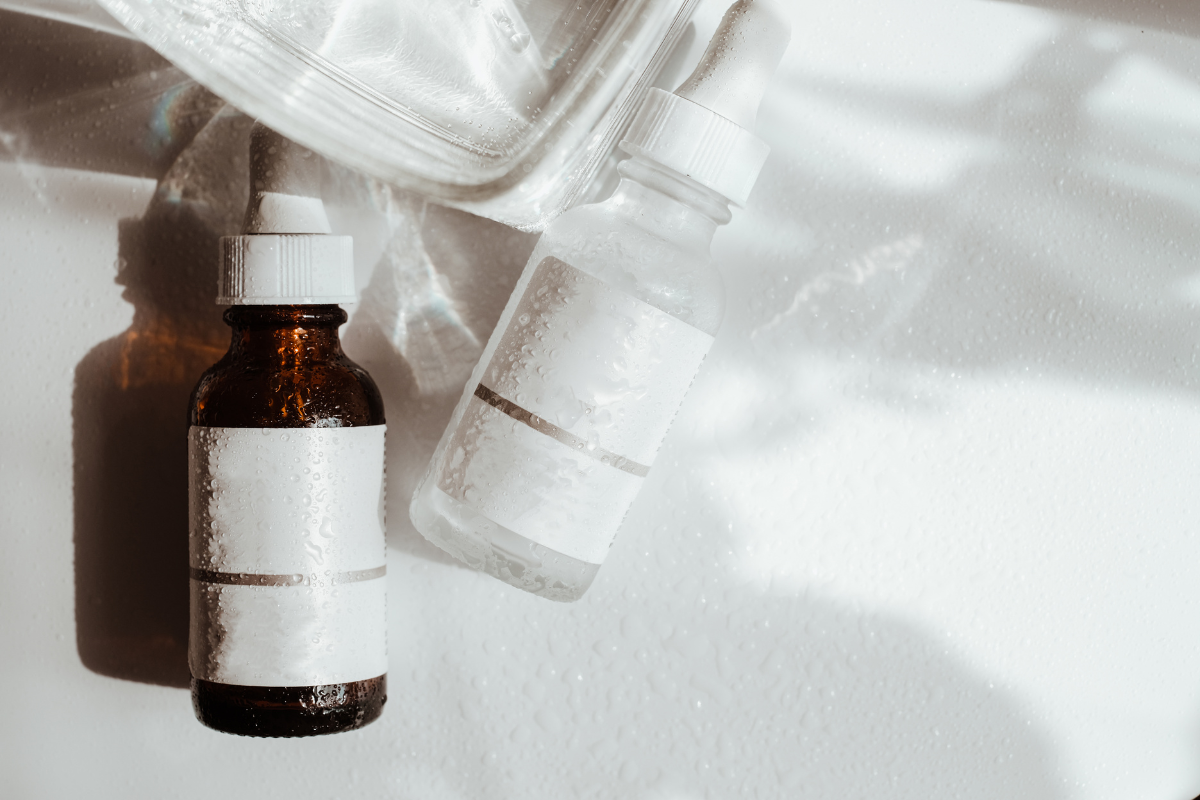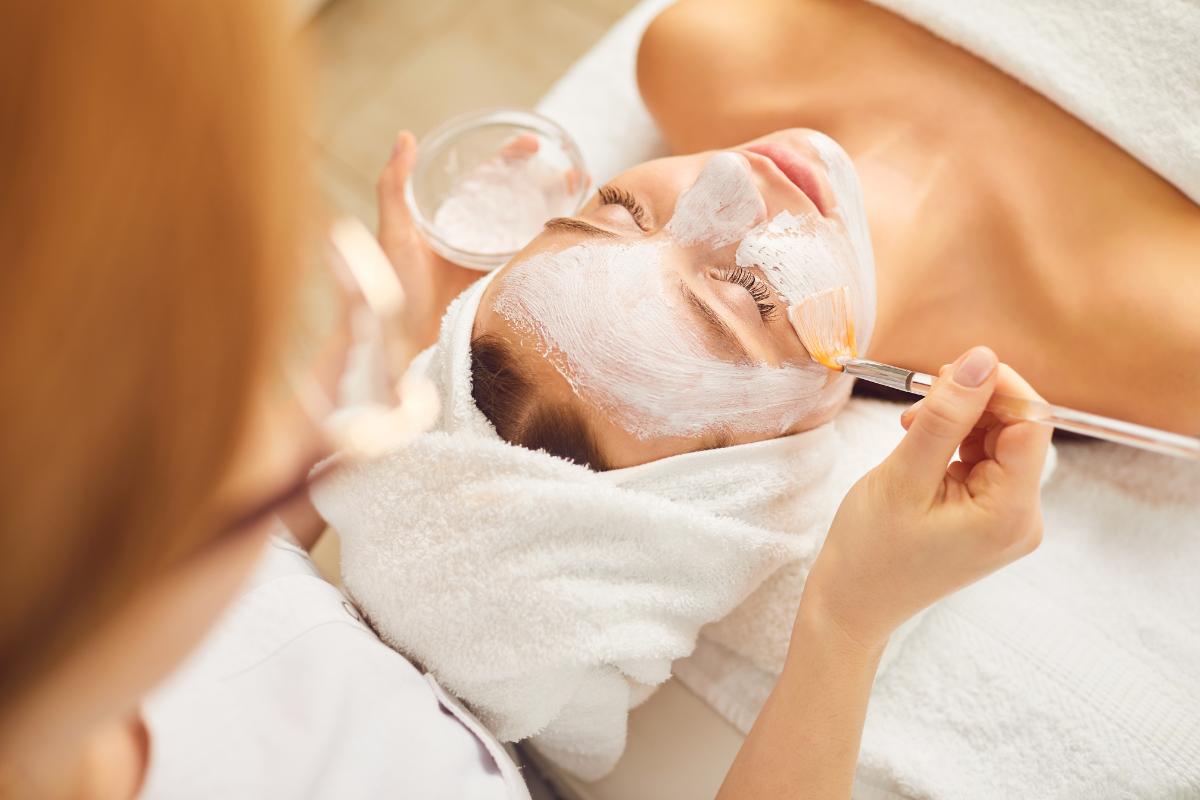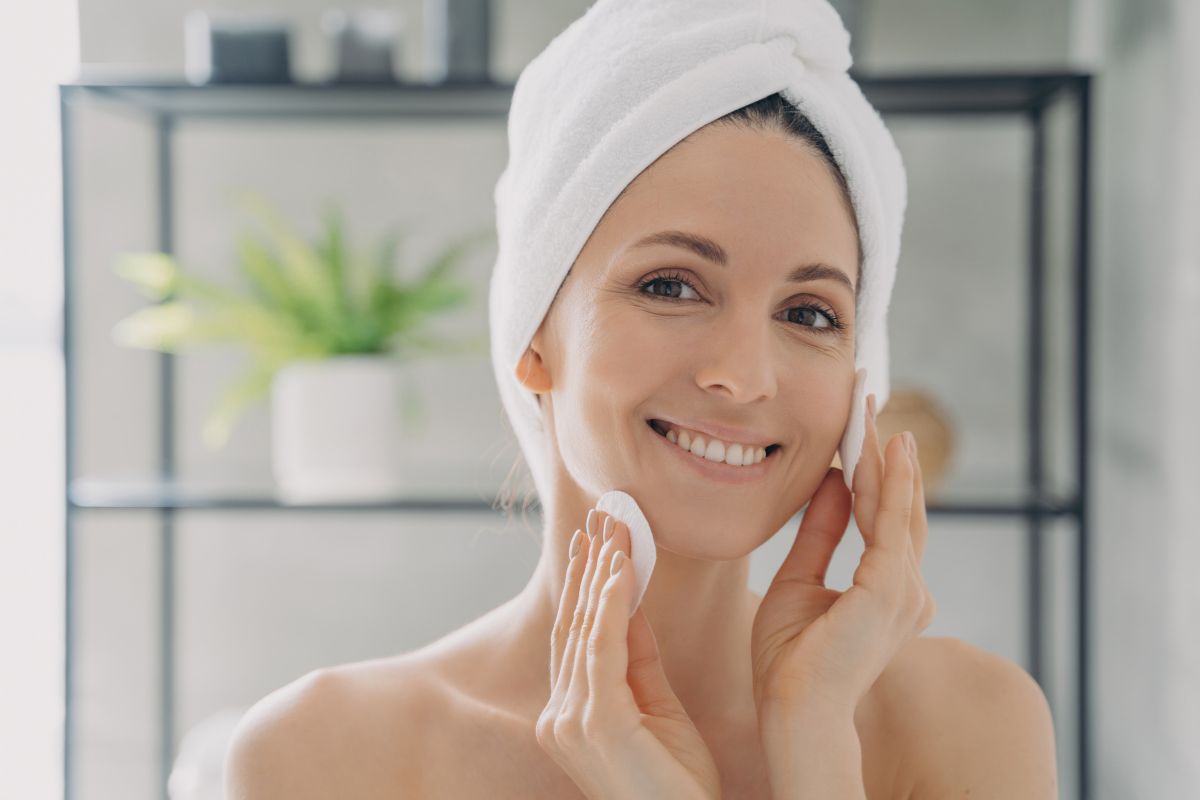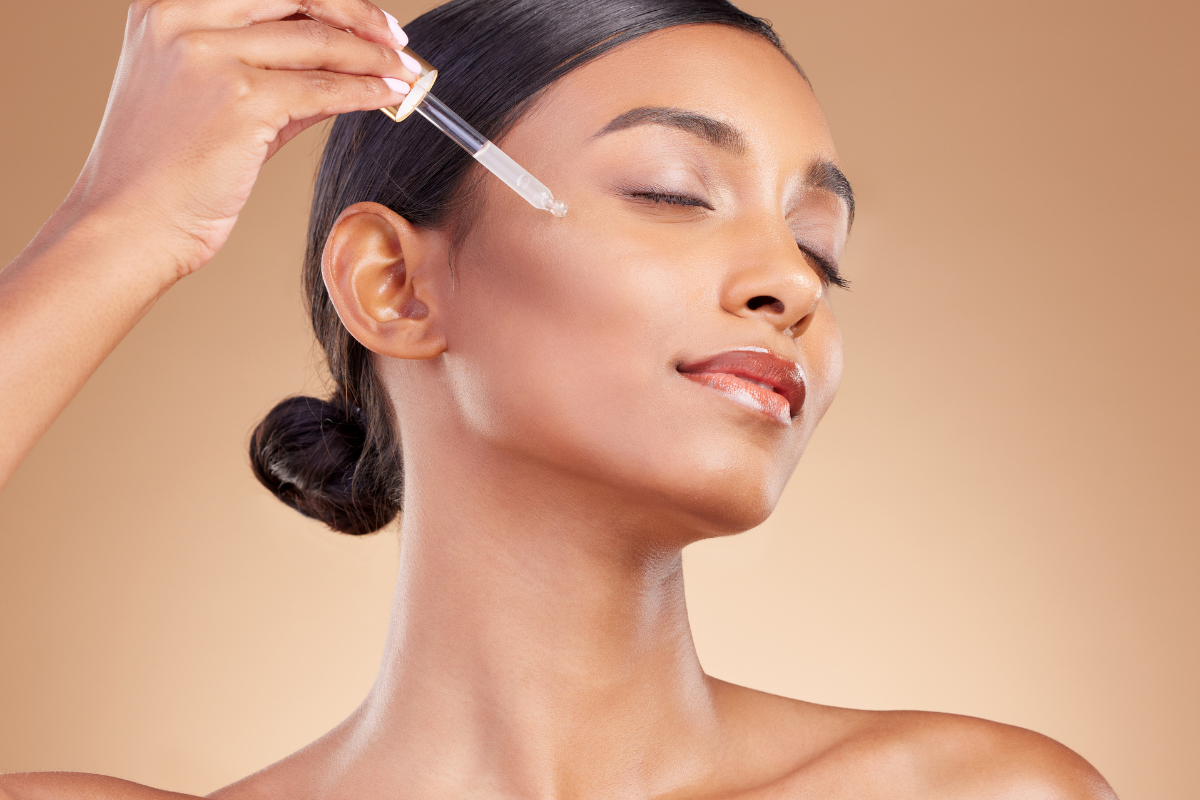Whether we believe it or not, what we eat plays a crucial role in every body part and the concerns relevant to eating. Our body produces the issues, but we are still ignoring that it does not produce it; it only reacts to what we feed in it. And, whatever we eat nowadays and how we manage our lifestyle causes many health problems for us, and one of those is Hair Loss.
Hair loss is a prevalent concern for many individuals, and while genetic factors play a significant role, lifestyle choices, including diet, can also contribute to this issue.
In this blog, we’ll focus on the connection between diet and hair loss, exploring how certain foods can exacerbate the problem.
Table of Contents [hide]
- 1 Why is Hair Loss a Growing Problem?
- 2 10 Food Items That May Cause Hair Loss
- 2.1 1. Too Much of Processed Foods
- 2.2 2. High-Sodium Foods
- 2.3 3. Sugary Foods and Beverages
- 2.4 4. High-Glycemic Index Carbohydrates
- 2.5 5. High Fat Dairy Products
- 2.6 6. Caffeine and Energy Drinks
- 2.7 7. High-Mercury Fish
- 2.8 8. High-Omega-6 Fatty Acid Foods
- 2.9 9. Soy Products
- 2.10 10. Excessive Vitamin E Supplements
Why is Hair Loss a Growing Problem?
Hair loss, a condition known as alopecia, is increasingly prevalent in today’s society, affecting individuals of all ages and genders. While genetic predisposition undoubtedly plays a significant role, several environmental and lifestyle factors contribute to its widespread occurrence.
Here are some of the crucial reasons for Hair loss.
Stress and Modern Lifestyle:
Modern life inundated individuals with stressors, elevating cortisol levels and disrupting the hair growth cycle, leading to accelerated shedding and hair thinning.
Dietary Deficiencies:
Poor nutrition, characterized by processed foods and lacking essential vitamins, minerals, and proteins, deprives the scalp and hair follicles of necessary nourishment and contributes to hair loss.
Hormonal Imbalances:
Fluctuations in hormone levels, caused by conditions like PCOS, thyroid disorders, and hormonal changes during pregnancy and menopause, disrupt the hair growth cycle and result in hair thinning.
Environmental Factors:
Exposure to pollutants, toxins, and UV radiation damages the scalp and hair follicles, exacerbating hair loss by inducing oxidative stress and inflammation.
Medical Conditions and Medications:
Certain medical conditions (e.g., alopecia areata) and medications used to treat various ailments can trigger or worsen hair loss as a side effect.
How Bad Food Habits Cause Hair Loss?
Poor dietary habits can directly impact hair health by depriving the body of essential nutrients for growth and maintenance. For instance, diets lacking in protein can weaken hair follicles, leading to brittle strands and increased shedding. Similarly, excessive consumption of sugary snacks and fried foods can contribute to inflammation and oxidative stress, disrupting normal hair growth cycles.
10 Food Items That May Cause Hair Loss
We now know that the food we eat can be a cause of worry for hair loss, but the problem is that we are not aware of enemies from our diet that are killing our hair health.
Let’s look at some of the prime accused of this offence.
1. Too Much of Processed Foods
Processed foods, including fast food items, packaged snacks, and convenience meals, often contain high levels of unhealthy fats, preservatives, and additives. These additives can disrupt normal hormone function and contribute to inflammation, both detrimental to hair health.
It is worldwide proven that processed foods typically lack essential nutrients, such as vitamins, minerals, and antioxidants, which are necessary for maintaining healthy hair follicles. Over time, a diet high in processed foods can weaken hair strands and lead to increased hair loss.
2. High-Sodium Foods
Foods high in sodium, such as processed meats, canned soups, and salty snacks, can negatively impact hair health by disrupting fluid balance in the body. Excessive sodium intake can lead to dehydration, which affects blood circulation to the scalp and nutrient delivery to the hair follicles.
Moreover, high sodium levels can contribute to inflammation and oxidative stress, further exacerbating hair loss.
3. Sugary Foods and Beverages
Sugary foods and beverages, such as candies, sodas, and desserts, can contribute to hair loss through several mechanisms. Firstly, these high-sugar foods cause a rapid spike in blood glucose levels, leading to increased insulin production.
Elevated insulin levels can disrupt hormonal balance, specifically increasing androgen levels associated with hair loss.
4. High-Glycemic Index Carbohydrates
Foods with a high glycemic index, such as white bread, white rice, and sugary breakfast cereals, can spike blood sugar levels, leading to increased insulin production. Elevated insulin levels have been linked to hormonal imbalances that can contribute to hair loss.
5. High Fat Dairy Products
Dairy products, particularly those high in saturated fats, may exacerbate hair loss in individuals sensitive to dairy or lactose intolerance. Some studies suggest that dairy consumption may contribute to hormonal imbalances and inflammation, negatively affecting hair follicle health.
6. Caffeine and Energy Drinks
While moderate caffeine consumption is generally considered safe, excessive intake from energy drinks and high-caffeine beverages can lead to dehydration and disrupt sleep patterns. Poor hydration and inadequate sleep can both contribute to hair thinning and loss.
7. High-Mercury Fish
Certain fish, such as swordfish, king mackerel, and tilefish, may contain high levels of mercury, which can be toxic to the body and potentially lead to hair loss. Mercury can interfere with the body’s ability to produce keratin, a protein essential for healthy hair growth.
8. High-Omega-6 Fatty Acid Foods
Omega-6 fatty acids are essential for the body, but an imbalance between omega-6 and omega-3 fatty acids may contribute to inflammation and hair loss. Foods high in omega-6 fatty acids include processed snacks, vegetable oils (e.g., soybean oil, corn oil), and fried foods.
9. Soy Products
While soy is a source of plant-based protein, some studies suggest that high intake of soy products, particularly processed soy foods, may interfere with thyroid function and hormonal balance, potentially contributing to hair loss.
10. Excessive Vitamin E Supplements
Although vitamin E is an antioxidant that promotes overall health, taking high doses of vitamin E supplements beyond the recommended daily allowance may disrupt blood clotting and increase the risk of haemorrhage, potentially affecting hair health.
Conclusion
While genetic factors play a significant role in hair loss, unaware and unbalanced dietary choices can even worsen hair loss.
But one more thing you should understand now is that with a hair loss condition, an immediate diet change cannot solve the problem; it is a precautionary step. First, you need professional expert advice, solutions, and suggested products to stop hair loss, and then you should understand the diet from the experts according to your body condition.
So, don’t wait, just connect with our professional hair experts and eliminate your hair loss problems.

